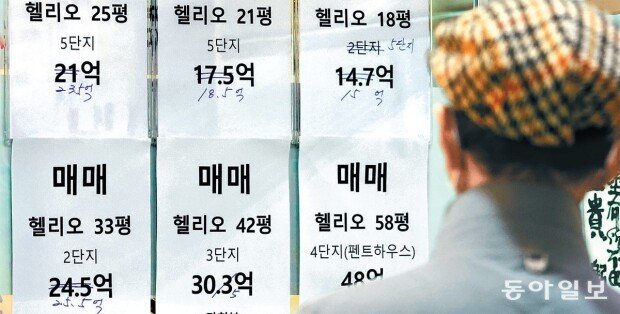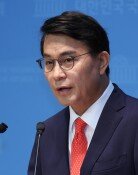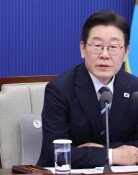Seoul to bring back land transaction permission system
Seoul to bring back land transaction permission system
Posted March. 20, 2025 08:04,
Updated March. 20, 2025 08:04

Seoul City and the South Korean government designated Gangnam, Seocho, Songpa, and Yongsan-gu as areas subject to the land transaction permission system for the next six months, which prohibits transactions of apartment units in the affected districts with jeonse contracts involved. The expansion of regulation came just 35 days after Seoul City removed Jamsil, Samseong, Daechi, and Cheongdam-dong from land transaction permission areas on Feb. 12.
The three districts became the first district-level units to be designated as land transaction permission areas since the system was launched in 1970. With the rising house prices in the three most affluent districts having an increasing influence across the rest of the capital area, the government has decided to take stringent action to calm down the overheated housing market. However, retrieving its own words in a month garners criticism that it only erodes public trust in government policy and fuels confusion across the market.
On Wednesday, Seoul City, the Ministry of Land, Infrastructure and Transport, and other relevant agencies held a real estate policy meeting to issue measures to stabilize the housing market. The policy has newly applied to around 400,000 units in 2,200 apartment complexes or so in the three Gangnam-located districts and Yongsan-gu.
A home buyer shall gain prior approval from the corresponding district's head to purchase an apartment unit of a certain land area (6 square meters in the residential area; and 15 square meters in the commercial area) in a land transaction permission area. As living in the transacted apartment unit for two years is a requirement to be met for a transaction, the so-called “gap investment” is nipped in the bud. An unpermitted land transaction is subject to two years or less in prison or a fine that is equivalent to up to 30 percent of the land price.
The system remains in effect for six months, from March 24 to Sep. 30. That is, it applies to transactions to be made starting next Monday. The government plans to extend the period and add their adjacent areas to the list if the market keeps overheating.
Critics say that Seoul City’s decision to abruptly lift the land transaction permission system last month, despite significant concerns about rising housing prices, has added more confusion over government policies while it has recently expanded the designated areas for the system in just a month. "Market confusion has grown since the regulations were eased with interest rate cuts being anticipated and transactions growing in numbers," said Song In-ho, director of the Economic Information and Education Center under the Korea Development Institute (KDI). "This policy inconsistency has eroded credibility for future policies as well."
이축복 기자 bless@donga.com







